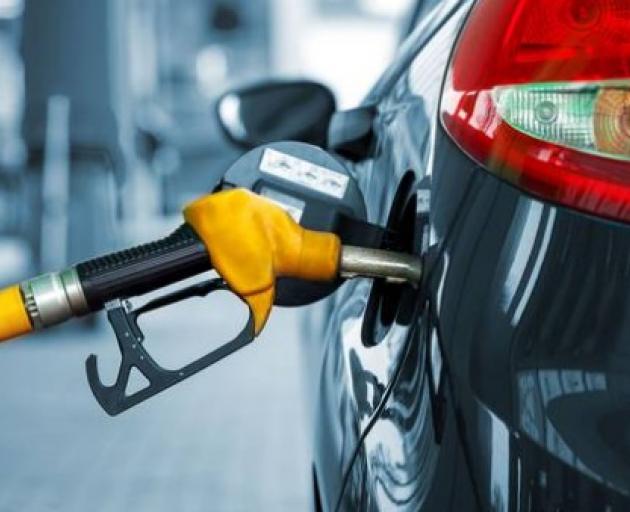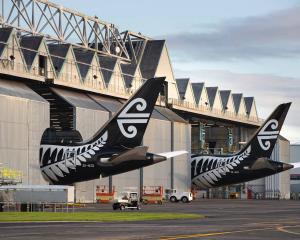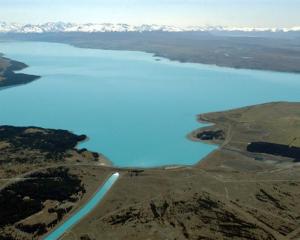
Consumer advocates say drops in the wholesale price of fuel should be reflected quicker at the pump.
Analysis of fuel prices by the Commerce Commission showed fuel companies are quick to hike prices when costs jump, but slow to bring them back down when global oil prices dip.
The commission estimated the delay in passing on savings costs Kiwi motorists an extra $15m a year.
Consumer NZ chief executive John Duffy said petrol was a major expense for many households right now, and any extra savings should be passed on.
"In a cost-of-living crisis, where fuel is one of the top household costs to have, affirms what appears - on what the commission said - to be price-gouging for weeks on end, after a drop in wholesale cost of fuel, is pretty appalling."
He said it could have further consequences for the industry.
"Certainly, if there's any indication that fuel companies are coordinating in any way to keep those prices artificially high, that could be a breach of New Zealand's competition laws. So it'll be very interesting to see if the Commission takes this further, if there's evidence of that happening."
Up like a 'rocket', down like a 'feather'
Auckland drivers fuelling up on Tuesday said they had noticed a few cents dropping off fuel prices lately.
"Yeah, I think they have actually - it's well below $3 at the moment, which is great," one woman said.
"I'd say it's getting cheaper from $3, which it used to be," said another.
One man was less concerned: "I've got a company fuel card, so not really - the boss probably does though."
Data from Gaspy, a fuel price database, showed fuel prices were beginning to drop by as much as 20 cents for regular 91, after rising by as much as that for the first four months of the year.
But are prices dropping as fast as they could be?
Commerce commissioner Bryan Chapple said there was a 'rocket and feather' effect taking place, and fuel companies were taking weeks longer than they needed to reduce fuel prices.
"When costs rise for fuel companies, they put the prices up pretty quickly. But when costs fall, they are a week or two slower to lower prices. That leads to Kiwi motorists having to pay a bit more than they otherwise would have if the market was fully competitive."
Motorists said if that was true, it was not on.
"I think it's pretty stink, actually. I think it should be straight away, they're quick enough to put it up aren't they," one said.
"It's not ideal, is it? It's a hard time for everybody," said one woman. "I'm unsurprised. I'd like to imagine it could get much faster, for everybody. I'm a single mum, on one income - so pass it on, mate."
Chapple said the lag in falling prices was a sign there was not enough competition in the market.
"There's more work to do to give competition a hand in the market. We're actively working on making sure the wholesale market is working well, so independent distributors can access fuel."
Chief executive of Waitomo Energy Simon Parham said they set prices on a weekly basis and kept costs low with unattended, self-serve fuel stations.
"We actually look at what the Commerce Commission said in their April report, which is that unattended fuel stations, like Waitomo, actually deliver more competition for consumers."
From next month, Auckland motorists can expect 11.5 cents to drop off fuel prices with the end of the fuel tax - and the Commerce Commission will be watching to make sure the savings pass directly onto consumers.













